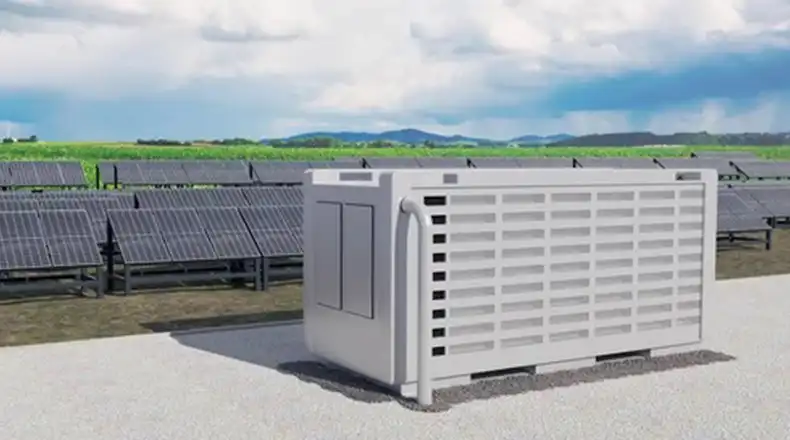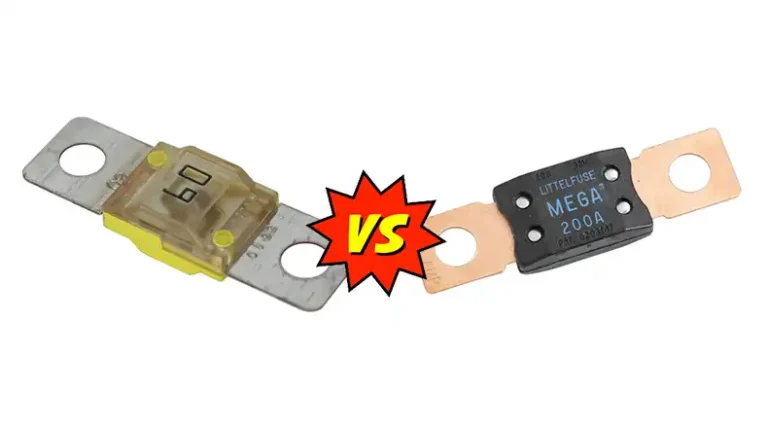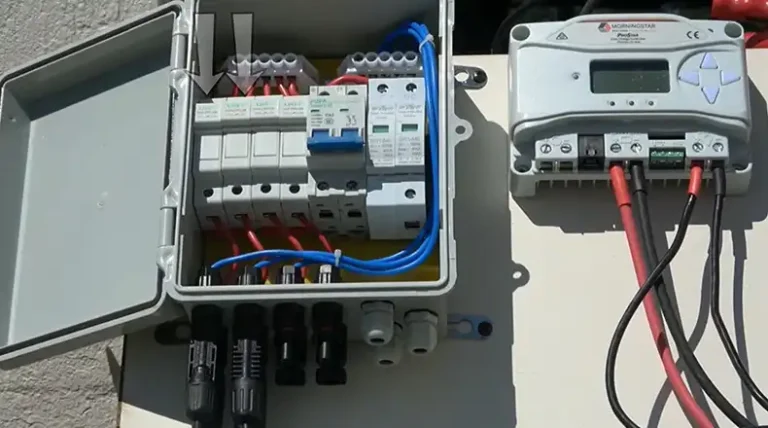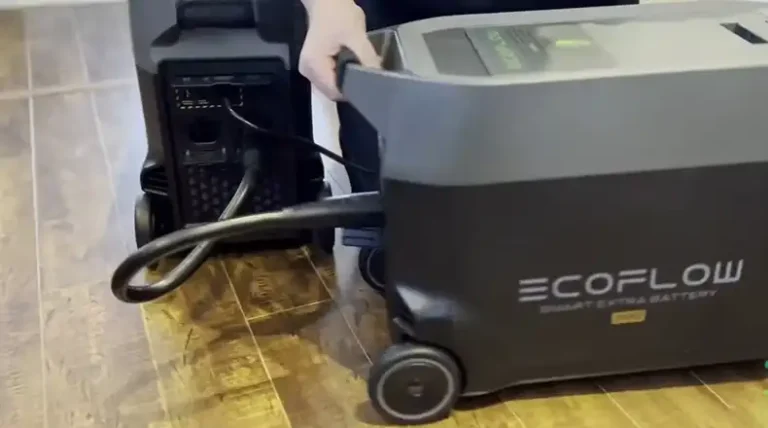Do Solar Batteries Qualify for Tax Credit? General Discussion
Lots of folks have been asking if you can get a tax break for adding solar batteries to your home. The quick answer is yes, you can get a nice federal tax credit, but only if your solar battery qualifies. In this article, I’ll explain when the solar battery tax credit started, what percent you can get back, the type of batteries that are eligible, and some rules you need to follow to claim the credit. I’ll also talk about combining the tax credit with solar battery rebates for maximum savings. Stick with me and I’ll make sure you know how to tap into all the solar battery perks available from Uncle Sam and beyond.

When Solar Batteries Qualified for Tax Credit?
The good news is, yes, solar batteries absolutely qualify for tax credits! In fact, the Inflation Reduction Act of 2022 rolled out the red carpet for solar energy, making it more affordable than ever before. This means you can get a hefty 30% credit on the cost of your solar battery system, installed between 2022 and 2032. That’s like the government chipping in for a brighter, more sustainable future!
Do All Kinds of Solar Batteries Qualify for Tax Credits?
Now, just like there are different strokes for different folks, not all solar batteries are created equal when it comes to tax credits. You might be thinking this, right? Well, in the case of solar batteries, there isn’t any discrimination!
If you were talking about this before 2022, then I will say the definite thing that not all solar batteries qualify for the federal tax credit. Before 2022, the solar battery must be paired with a new or existing solar array to store solar energy for use at a later time. And then they can be able to avail the tax credit.
After 2022, congress passed the Inflation Reduction Act, which eligible all solar batteries including Standalone batteries that are not linked to solar panels for tax credits. Whether you are installing the battery with a new solar system or installing it with the existing system, you will be able to avail tax credits.
Percentage of the Tax Credit that Can be Avail for Solar Batteries?
The federal solar tax credit covers 26% of the total cost for systems installed in 2021-2022. This includes the battery storage system plus installation costs. However, solar batteries weren’t included at that time!
The federal Solar Investment Tax Credit (ITC) offers homeowners a tax credit equal to 30% of the cost of installing a solar energy system, including solar panels and batteries like the Tesla Powerwall. This 30% credit will be available through 2032, after which it begins to phase down, dropping to 10% in 2035. There is no cap on the total amount that can be claimed. The ITC is nonrefundable, so any unused credit can be carried forward to subsequent tax years. Some states and utilities also provide additional incentives beyond the federal 30% credit. In total, the ITC can reduce the effective cost of going solar with batteries by around 30% currently.
For example, if you install a solar battery system for $10,000 in 2022, you could deduct $2,600 (26% of $10,000) from your federal taxes owed.
Homeowners can claim the credit by filing IRS Form 5695 with their tax returns. Consult a tax professional to ensure proper documentation and claim filing.
What are the Conditions for Getting a Tax Credit for Solar Batteries?
There are a few eligibility requirements for claiming the federal tax credit on a solar battery:
Must Be the Owner of the Battery System
The tax credit can only be claimed by the owner of the solar battery system. If you lease a solar battery from a solar company, they retain ownership and receive any tax benefits.
Must have a Taxable Income
You must have a federal tax liability to utilize the credit. If you owe $0 in federal taxes for the year, you cannot claim the credit.
The Battery Must be Installed at the Taxpayer’s Residence
The home must be your primary or secondary residence. Batteries for vacation homes also qualify as long as you live there part-time. Rental properties or commercial installations do not qualify.
The battery must be at least three kilowatt-hours (kWh) in size
It must be at least 3 kilowatt-hours (kWh) in size to qualify for the credit. Don’t worry, most residential battery systems easily meet this requirement.
Can I Get the Tax Credit in Cash?
Unfortunately, the federal solar tax credit is non-refundable. That means it can reduce your tax liability to $0, but it will not provide a refund beyond that.
If your tax credit amount exceeds what you owe for the year, you may be able to carry the remainder forward to reduce taxes owed in future years. You will need to consult a tax professional to utilize this option.
If the amount of the solar tax credit you qualify for is more than the amount of taxes you owe for the year, you cannot get back the excess as a tax refund. For example, if you owe $5,000 in federal income taxes this year, but your solar tax credit is $6,000, you can only use $5,000 of the credit to bring your tax bill down to $0. You will not receive the extra $1,000 as a refund. In the next year, the extra $1,000 will help you reduce the tax amount.
Can I Avail the Rebate/Incentive and Tax Credit Together for My Solar Batteries?
Absolutely! The beauty of the solar world is that there are often multiple layers of incentives available. Many states and local governments offer generous rebates for installing them. So, you can potentially combine a solar tax credit for your solar panel system with a standalone battery rebate, stacking your savings like pancakes (but healthier, and powered by sunshine!).
List of Rebate and Incentive Providers for Solar Batteries
Many states and utilities offer additional rebates and incentives to make solar batteries more affordable. Here are some of the main programs available:
California Self-Generation Incentive Program (SGIP) – Provides rebates for installing energy storage systems, including solar batteries, in California. They offer up to $1,000 per kWh of battery storage. However, if you are from a high fire-prone area with a lower income, then the amount can be increased.
Massachusetts SMART program – Offers incentives for adding energy storage to solar in Massachusetts. They provide about $1,000 tax credit.
NV Energy battery incentive (NV) – Nevada residents can get an incentive for installing a solar battery from NV Energy. They provide $190 per kWh and capped at $3,000.
Hawaiian Electric solar battery rebate – Hawaii residents can qualify for a rebate on a solar battery system from Hawaiian Electric Company on Oahu. They provide $850 per kW of power to their customer which can be claimed up to 5 times!
End Notes
Getting a tax credit for adding solar batteries can really help lower the upfront cost of going solar with energy storage. The 30% federal tax credit available right now is a great deal – but act quickly because it starts phasing out soon. Be sure to also check out any extra rebates or incentives available in your state or from your utility company to maximize your savings. At the end of the day, solar batteries provide backup power and energy independence. With the right incentives, they are more affordable than ever. I hope this info helps you decide if tax credits make sense for your solar battery installation. Let me know if you have any other questions!



![[Answered] How Many Solar Panel Required To Charge 300ah Battery?](https://www.itekenergy.com/wp-content/uploads/2023/08/solar-panel-required-to-charge-300ah-battery-768x428.jpg)



